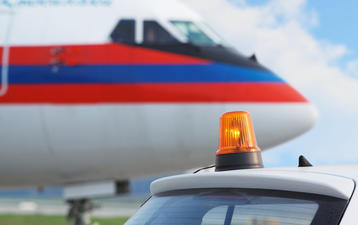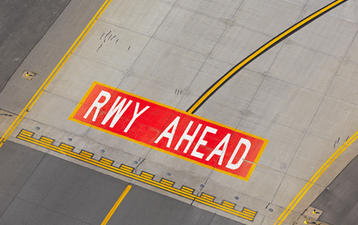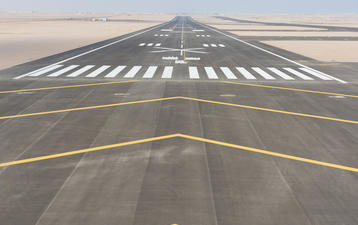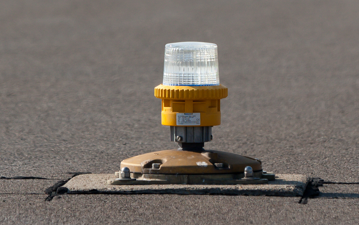Aerodrome Safety Incident Investigation
Despite the aviation industry's best intentions and significant efforts, safety incidents may occur. When they do, a modern safety management approach demands that we learn from the occurrence to prevent a repeat event in the future. Aviation safety regulations require airport operators to look at the bigger picture and identify latent as well as active factors.
Extracting information from the incident environment and analysing it requires a wide range of skills and knowledge to arrive at a coherent set of conclusions and a workable list of recommendations.
During this 3-day course you will gain the knowledge and skills required to conduct safety incident investigations in the aerodrome environment, and therefore support the ongoing operation and development of your aerodrome’s safety management system. The course will build a foundation in incident investigation by covering the regulatory environment, essential safety management principles, and incident investigation management. Upon this, the course will delve into data and information gathering techniques, preliminary and in-depth analysis tools, developing recommendations and report writing considerations.
Attendees will be encouraged to participate in and contribute to group discussions and team exercises using their personal experiences and knowledge.
Course Details
Location:In-houseLanguage:English
Duration:3 days
Provider:airsight GmbH
Course Content
Introduction:
- Official Investigation vs. internal investigation
Regulatory framework:
- ICAO Annex 13, Reg. (EU) 376/2014, Reg. (EU) 996/2010
- relevant definitions, manuals and guidelines
- safety reporting
Safety fundamentals:
- The Safety concept evolution
- Current aviation safety occurrence trends
- SMS fundamentals
- Safety culture & Just culture
Human Factors (HF) in Aviation:
- Fundamentals of HF
- Investigating HF
- SHELL model
- HFACS
- HF in the Safety Management Process
- HF investigations in Safety Management
Investigation Management:
- Official investigation vs. internal investigation
- Accident Investigation Authorities structure and management
- internal investigation management
- Initial actions at the site
Official Investigation Process:
- Data gathering and analysis
- Interview management
- Wreckage Photography and investigation
- Organizational and operations investigation
- Maintenance investigation
- Human Factors investigation
Internal investigation Process:
- Aerodrome related accidents and incident
- internal investigation process
- structure and checklist for gathering facts
- methods for the analysis and conclusions
Interviewing:
- Interrogation of witnesses and documenting the statements
Report writing:
- simplified factual report
- final report with conclusions
- safety recommendations
Case studies, Examples, Exercises
Trainer
Dipl-Ing. Johann Reuß
Retired civil aviation accident and safety investigator with 37 years of experience as an Investigator in Charge (IIC), Accredited Representative (AccRep) and Adviser, including 5 years as Director of the German Federal Bureau of Aircraft Accident Investigation (BFU). Demonstrated history of working in aviation safety and air accident investigation at National, European and International level. Effective communicator, able to familiarize himself with different organizational structures and to Standards and Recommendations of ICAO as well as European Regulations.
Extensive experience as an instructor in accident, serious incident and incident investigation methods in civil aviation for both safety staff in authorities and other aviation stakeholders, such as airports, airlines and aircraft manufacturers.
Current focus of activities in aviation safety work is in the proactive area. This involves the assessment and documentation of risks as well as practical aspects of establishing safety management systems (SMS), including the preparation of information and data for the ECCAIRS and ADREP database systems required by the regulators.
Target Group
- Aerodrome safety managers
- Aerodrome quality and compliance managers
- Aerodrome safety deputies / safety team members
- Aerodrome operations managers and duty officers
- Civil Aviation Authorities staff
- Air Traffic Control staff
- Ground handling staff
Organisational Details
airsight offers this training course on request, worldwide. At the end of the course, all participants will receive an airsight certificate based on EASA training regulations, which is highly recognized throughout the aviation industry.
About airsight Training
airsight Training course quality
airsight operates an ISO 9001 certified Quality Management System and pursues the objective to provide high quality services that fully meet the clients’ needs.


 Training 5 or more people? Ask for an In-house course at your premises or online!
Training 5 or more people? Ask for an In-house course at your premises or online!


